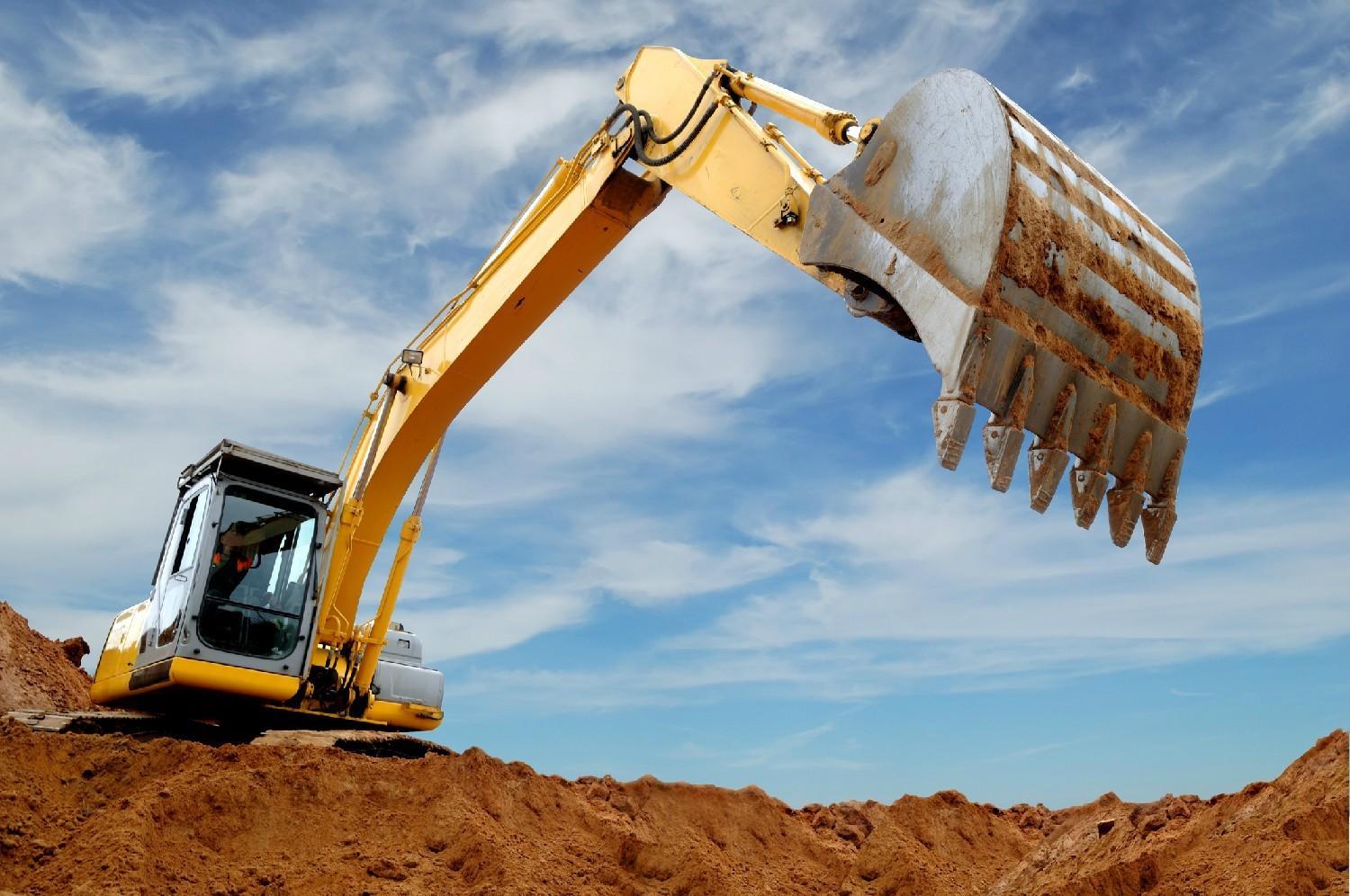6 Tips on Buying Used Construction Equipment
Most businesses prefer bringing in a new equipment if their old one fails, but there may be times when you would prefer buying used equipment. While it may not be very different from making a new purchase altogether, it is a time-consuming process. Some of the things to consider while looking at used equipment include quality, price and buying experience.
Here are six points to remember if you intend to buy used equipment.
Consider your Exact Requirements
Consider the equipment’s size, model, attachments and capabilities before making a final decision. There might be more than one option that might suit your needs, so conduct a thorough research. Don’t assume that some equipment would work for you just because it did for the previous user. Analyze your requirements carefully before finalizing your choice.
Inspect Equipment History
One critical thing to consider before buying used equipment is its history. Ensure there are no liens against it and that it’s not stolen. Check the title of the equipment and remember that the ownership cannot be transferred from the buyer to the seller if the equipment isn’t paid in full.
Ensure that the necessary documentation is in place which proves there are no liens. You can do an online search or contact your bank to help you identify an organization that can help you with figuring out whether the equipment has liens against them or not. Shop with someone you trust to avoid receiving stolen goods. Write down the machine’s serial number or PIN (product identification number) and call the police department or check with a service dealing with the same.
Check the Fluids
Some fluids that you should check include transmission fluid, engine oil, hydraulic fluid, coolant, etc. Analyzing the fluids will give an insight of the present condition of the equipment as well as how well it was maintained over time.
Dirty or low fluids indicate that the earlier owner hasn’t kept up with a standard maintenance agenda. Other clues like water in the engine oil could be a sign of a more significant and critical issue.
Operating Hours of Equipment
Always check how long the equipment was operated for. While it may not indicate the exact condition of the construction equipment but it is a good place to start. It may be a good idea to stay away from equipment that is pushing its upper limits, but if you are still keen on buying it, then do a quick cost/benefit calculation as it will help in determining if the money you’re saving on an older machine is going to be worth the additional maintenance cost of taking care of something that may break down more often.
Ensure that regular maintenance was being performed on the equipment — a machine that hasn’t been maintained well and has just 1,000 operating hours is a bad buy as compared to a well-maintained machine clocking over 10,000 hours!
Signs of Wear and Tear
Undoubtedly, used equipment will have some signs of wear and tear but you have to ensure that the damage isn’t anything major. Look out for hairline cracks, rust or damage that may lead to a major equipment breakdown in the future.
If you have to repair the heavy construction equipment, it won’t just be an expensive affair but you also risk experiencing increased downtime or completely discarding the equipment, rendering the purchase useless.
Accuracy
If your used equipment purchase includes something as crucial as truck scales, it is recommended that you check your truck scales for accuracy. If the precision of your truck scale is compromised, it can result in errors that may adversely impact your business reputation so make sure your truck scale is calibrated and working at optimal efficiency when you purchase it.
Kevin Hill heads up the marketing efforts at Quality Scales Unlimited in Byron, CA. Besides his day job, he loves to write about the different types of scales and their importance in various industries. He also writes about how to care for and get optimized performance from different scales in different situations. He enjoys spending time with family and going on camping trips.
heads up the marketing efforts at Quality Scales Unlimited in Byron, CA. Besides his day job, he loves to write about the different types of scales and their importance in various industries. He also writes about how to care for and get optimized performance from different scales in different situations. He enjoys spending time with family and going on camping trips.
Looking for more project leads? ConstructConnect finds you the best construction projects to bid on and win more work.

